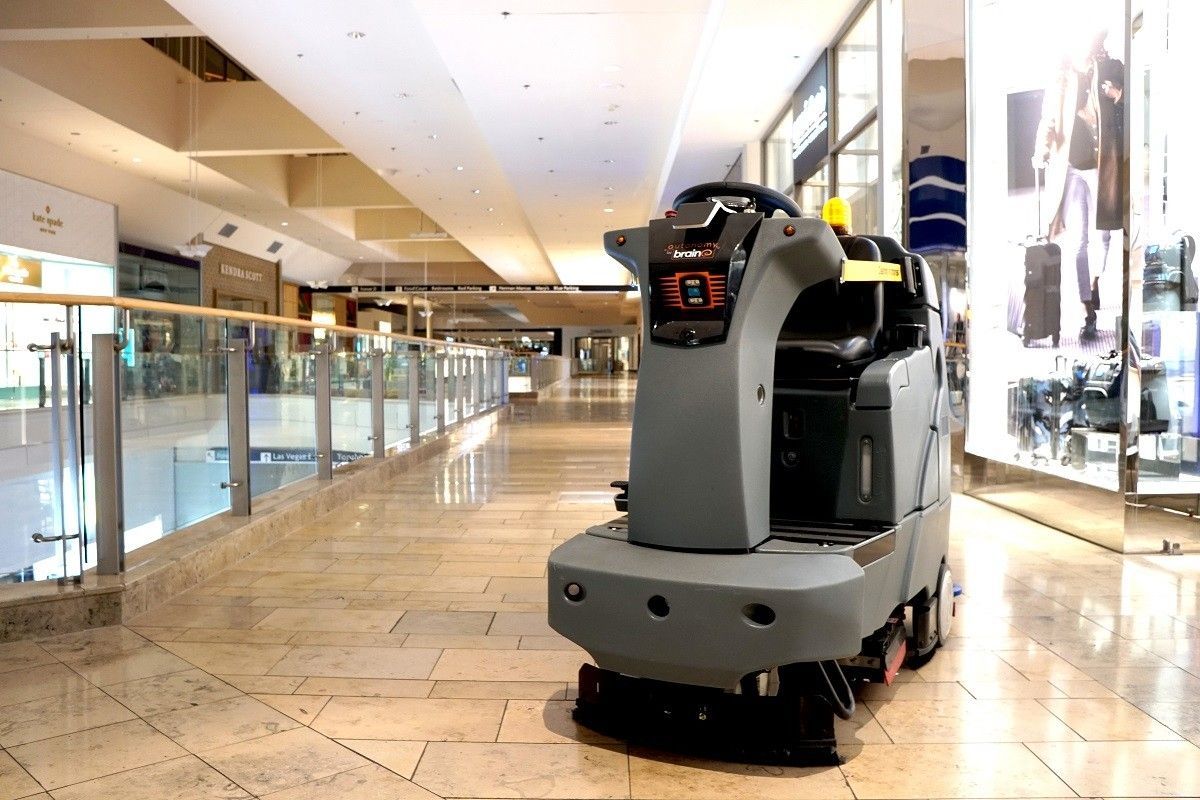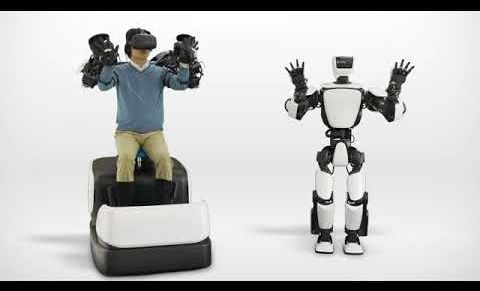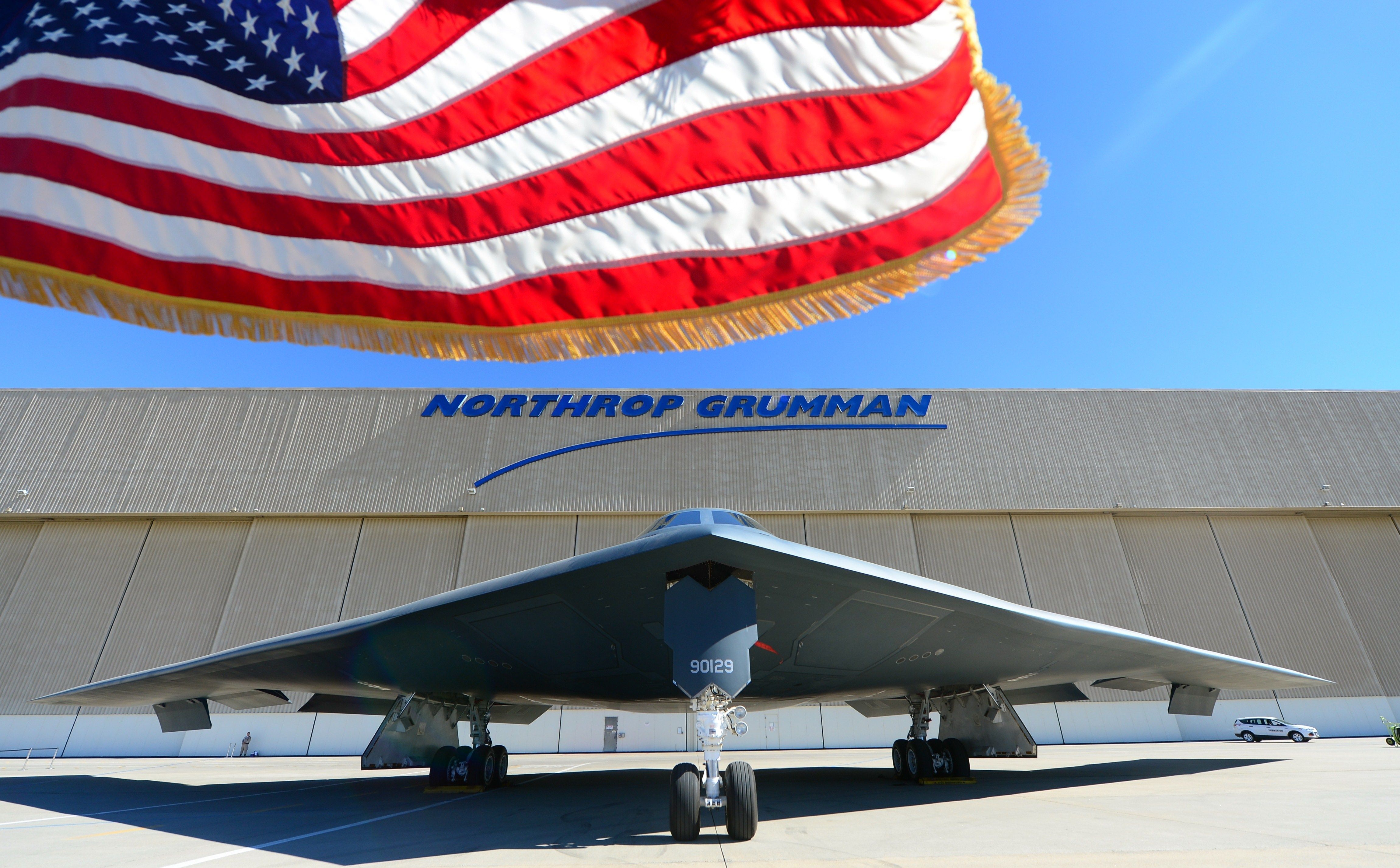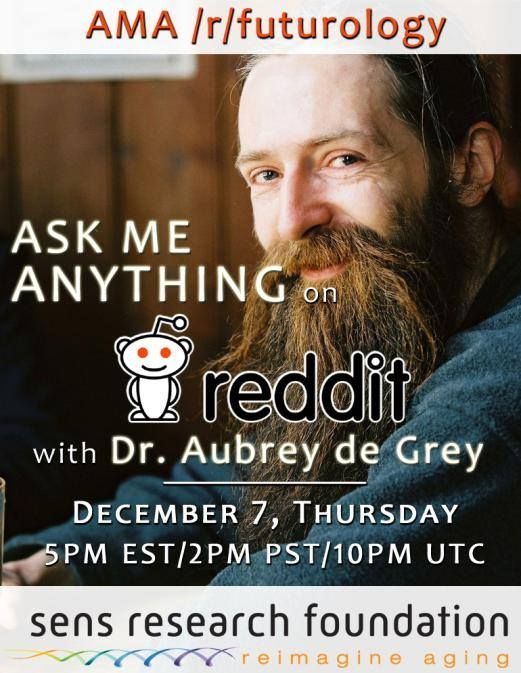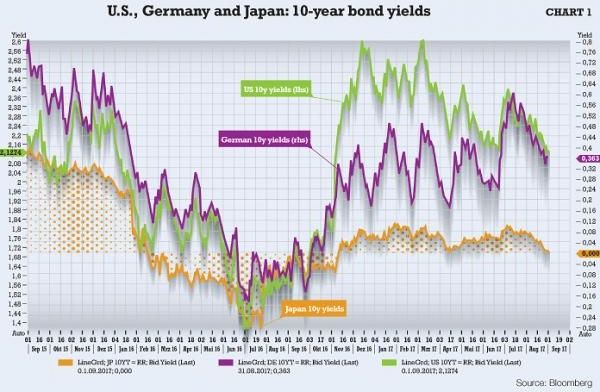Page 9800
Nov 21, 2017
Walmart is ‘secretly’ testing self-driving floor scrubbers, signaling that more robots are coming
Posted by Dan Kummer in categories: business, robotics/AI, transportation
Planning to try and automate the entire store.
Walmart (WMT) has been quietly testing out autonomous floor scrubbers during the overnight shifts in five store locations near the company’s headquarters in Bentonville, Arkansas.
Continue Reading Below
Nov 21, 2017
Toyota’s latest humanoid robot can mimic your movements
Posted by John Gallagher in category: robotics/AI
Nov 21, 2017
The U.S. Military Is Building a Fleet of Star Trek-Inspired ‘Shadow’ Bombers Invisible to Radar
Posted by John Gallagher in categories: futurism, military
The Pentagon is developing a new fleet of shadow bombers that possibly disappear on radar like those featured in Star Trek movies.
The unit of B-21 stealth bombers, a futuristic combat aircraft, are being created at a secret desert plant in Palmdale, California, after the company Northrop Grumman won the contract for their development two years ago, The Times reported.
The U.S. military has sanctioned the development of around 100 of the bat-like bombers for as much as $80 billion. The precise amount remains top secret.
Nov 21, 2017
What’s Wrong with Godless AI Technological Salvation, the Singularity?
Posted by John Gallagher in categories: Ray Kurzweil, robotics/AI, singularity
In a recent article, I began to unpack Rodney Brooks’ October 2017 essay “The Seven Deadly Sins of AI Predictions.” Now I continue my analysis by looking into the faulty atheistic thinking that motivates the AI salvation preached by futurists such as Google’s Ray Kurzweil. Although Brooks does not address this worldview dimension, his critique of AI predictive sins provides a great opportunity for just that.
Brooks is a pioneer of robotic artificial intelligence (AI) and is MIT Panasonic Professor of Robotics Emeritus. He is also the founder and chief technology officer of Rethink Robotics, which makes cobots—robots designed to collaborate with humans in a shared industrial workspace.
Previously I discussed Brooks’ remark that “all the evidence that I see says we have no real idea yet how to build” the superintelligent devices that Kurzweil and like-minded singularity advocates imagine.
Continue reading “What’s Wrong with Godless AI Technological Salvation, the Singularity?” »
Great news! Dr. Aubrey de Grey is going to be doing an AMA on Reddit. This is your chance to ask anything you like about SENS and the scientific progress we are making. Find out more about SENS and how you can help us at: http://www.sens.org/donate
Nov 21, 2017
This Gene-Editing Tech Might Be Too Dangerous To Unleash
Posted by John Gallagher in categories: evolution, existential risks, genetics
With gene drives, scientists are trying to supercharge evolution to eradicate malaria and save endangered species from extinction. But is this DARPA-funded tech safe enough to test in the wild? One of its creators isn’t so sure.
Nov 21, 2017
Even Light Exercise is Beneficial to Health and Can Reduce Mortality Risk
Posted by Steve Hill in category: health
Even very moderate activity levels can influence the risk of death, according to a new study led by the University of Buffalo. The study showed that there was a significant reduction of mortality risk in women over 65 who regularly engaged in light physical activites, such as household chores.
Yes, folding the laundry, ironing, vacuuming the house and other menial tasks might not seem the most glamorous of activities, but they may help you to live longer.
Nov 21, 2017
The Stage Has Been Set For The Next Financial Crisis
Posted by John Gallagher in categories: entertainment, finance
We are in a multidimensional and fully internationalized carry trade game, folks, which means there is a very serious and tangible risk pool sitting just below the surface across world’s largest insurance companies, pensions funds and banks, the so-called ‘mandated’ undertakings…
Nov 21, 2017
Maximize the impacts of space science
Posted by Derick Lee in categories: government, science
In our view, to get the most from space-science programmes — in terms of impacts on research and reputation — government agencies and institutions need to choose, manage and assess missions in ways that optimize the scientific outputs. As heads of space-science agencies and institutes from around the world gather at a forum next week in Beijing to identify principles for maximizing returns on such missions, we call on them to put science first.
Put research goals first when prioritizing and managing national and international projects, urge Ji Wu and Roger Bonnet.

